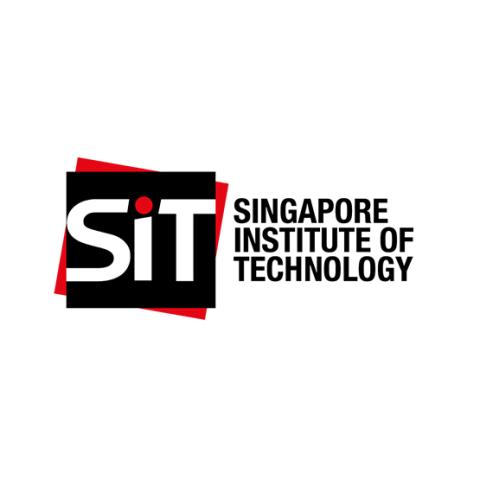
High tech and high touch: designing a bridging system to help students prepare for STEM studies
Studying for an undergraduate degree in science and technology requires sound foundations in mathematics and physics, alongside strong learning skills.
Every year, we welcome thousands of new students from varied backgrounds with diverse academic qualifications, many of whom are returning to education after two years of national service, which is mandatory in Singapore, or after a few years in industry.
A bridging system is needed to help everyone come to class with some common foundations and with the confidence to start their journey in higher education on the right foot. Given the large number of students, this must be a scalable solution that can cater to the needs of the different learners.
High-tech adaptive learning
Our solution is an online, self-paced and adaptive system called Quest, designed to help newly enrolled students assess their knowledge and skills in foundational subjects: maths, physics and chemistry.
It serves to bridge the gaps students identify between their current and desired mastery of these subjects. It presents students with exercises to practise required skills and offers hints, solutions and references to relevant external resources as needed.
Adaptivity is implemented at two levels:
At the micro level, within an exercise, the system reacts to errors made by the learner by offering hints, information or links to resources that are aimed at addressing specific mistakes they have made.
At a higher level, when a learner performs inadequately in a specific topic, the system presents additional practice opportunities and worked-out examples. This allows learners to focus effort where it is most needed and spend less time reviewing topics in which they are competent.
Quest is offered to all students, based on the needs of their course, two to three months before the official start of the academic year. It remains available to them throughout the first academic term. Instructors can advise students to revise specific topics as and when those are relevant to the planned lessons.
High-touch targeted learning
Experience shows that while the new students appreciate the need to refresh their skills in different topics before the first day of school, they often lack the discipline to dedicate adequate time and effort to do so. Also, they often require support beyond what the technology can offer.
To address these challenges, a dedicated team monitors the progress of the cohort and individuals in the system and employs a few strategies to assist the learners.
Assistance is provided to students to address challenges at different learning levels:
First, for students who have a low participation rate, a system of automated intelligent agents will nudge them frequently with friendly reminders about the benefits of refreshing or relearning these topics.
For students who are on the system but finding some topics difficult, peer teaching is offered through online live sessions with student helpers. Students can join live video chats with their seniors, who are trained to assist them.
Last, students who appear to struggle more broadly in a topic are invited to attend a tutoring session taught by a subject matter expert together with a small group of classmates. This is a practice-oriented session, designed to build basic skills and help these students become independent learners.
Benefits of adaptive and targeted support
Targeting instruction to the abilities and content needs of an individual learner can bring about many benefits, such as reducing course dropout rates, improving learning outcomes or increasing the speed of achieving those outcomes.
Since the introduction of Quest, thousands of freshmen have used it to prepare for their studies. Comparisons of pre- and post-course tests show an average improvement of about 20 per cent across all the key subjects and, more importantly, a significant reduction in the variance of the scores. This implies that weaker students benefit more from the system and also that, as intended, a common ground of basic knowledge is established. This common ground enables instructors to dedicate their attention where it is most needed.
The biggest achievement of the system is the significant increase in students’ reported confidence in their skills and the extent to which they feel ready to face the challenges of a higher education.
Karin Avnit and Victor Wang are both deputy directors at the Centre of Learning Environment and Assessment Development (CoLEAD), and Prasad Iyer is senior educational developer, also at CoLEAD, at Singapore Institute of Technology.




